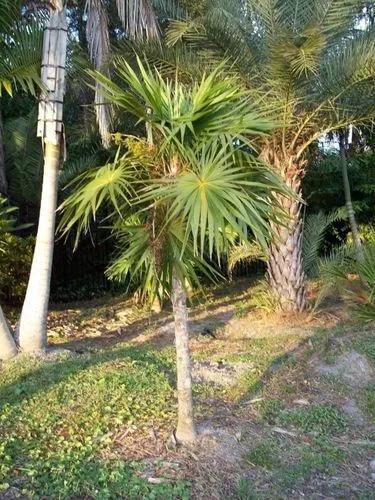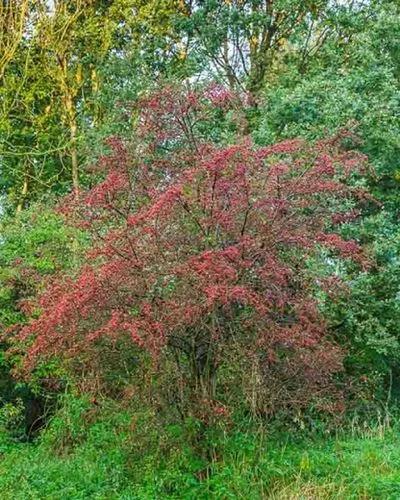Ginkgo biloba, also called maidenhair, is a broadleaf, deciduous tree. While it loses its leaves in winter, it is classified as a conifer and is dioecious, meaning that some trees are male while others are female. Native to China, ginkgo biloba trees, broadly speaking, will grow well in planting zones 4 through 9.The gingko biloba's uniquely fan-shaped leaves start out green but change to golden-yellow in the fall. Before the whole leaf turns golden, there is sometimes a stage during which the leaf is two-toned, with separate bands of gold and green. The common name "maidenhair" was inspired by the fan shape of the leaves, which reminds people of the maidenhair fern (Adiantum spp.). The bark on older specimens of the tree becomes deeply furrowed.
Maidenhair Tree Care
Gingko Bilboa



How to Care for the Plant

Water

Water as needed to keep the soil moist, provided the site is well-drained. Moisture is particularly important when the tree is young; it is relatively drought-tolerant at maturity.

Fertilizer

Young ginkgo biloboa trees can benefit from a spring feeding of tree fertilizer. Mature trees typically do not need to be fed.

Sunlight

Plant ginkgo biloba in an area that receives full sun to part shade.

Soil

The ginkgo is not fussy about soil type or most soil conditions and will tolerate both acidic and alkaline soil as well as compacted soil. It prefers well-drained sandy soil or loam.

Temperature

Ginkgo bilobas are commonly grown in urban sites in many regions, proving their tolerance of a wide range of moisture conditions and temperatures. However, they can struggle in hot, dry climates.

Additional

Ginkgo is perhaps best known in the Western world for the supplements and other health products made from this tree. Most of these are made from the leaves rather than the seeds (or "nuts"). While people in China and other cultures have historically used ginkgo medically and even eaten ginkgo seeds, this comes with potentially significant health concerns.Ginkgo seeds are toxic and should not be eaten in either raw or roasted forms. The seeds can be made relatively safe through proper preparation, but it's best to play it safe and avoid eating the seeds altogether.Ginkgo extracts and supplements can be harmful to some people and can interact adversely with a number of conventional medications. The Mayo Clinic reports that benefits of ginkgo to prevent dementia or reduce claudication (too little blood flow) are not supported by sufficient evidence.The Mayo Clinic advises against the use of ginkgo for people with epilepsy or bleeding disorders and for pregnant women. It also lists several medications that can be adversely affected by ginkgo, including antidepressants, statins, diabetes drugs, and ibuprofen.

Popularity

49 people already have this plant 16 people have added this plant to their wishlists
Discover more plants with the list below
Popular articles






